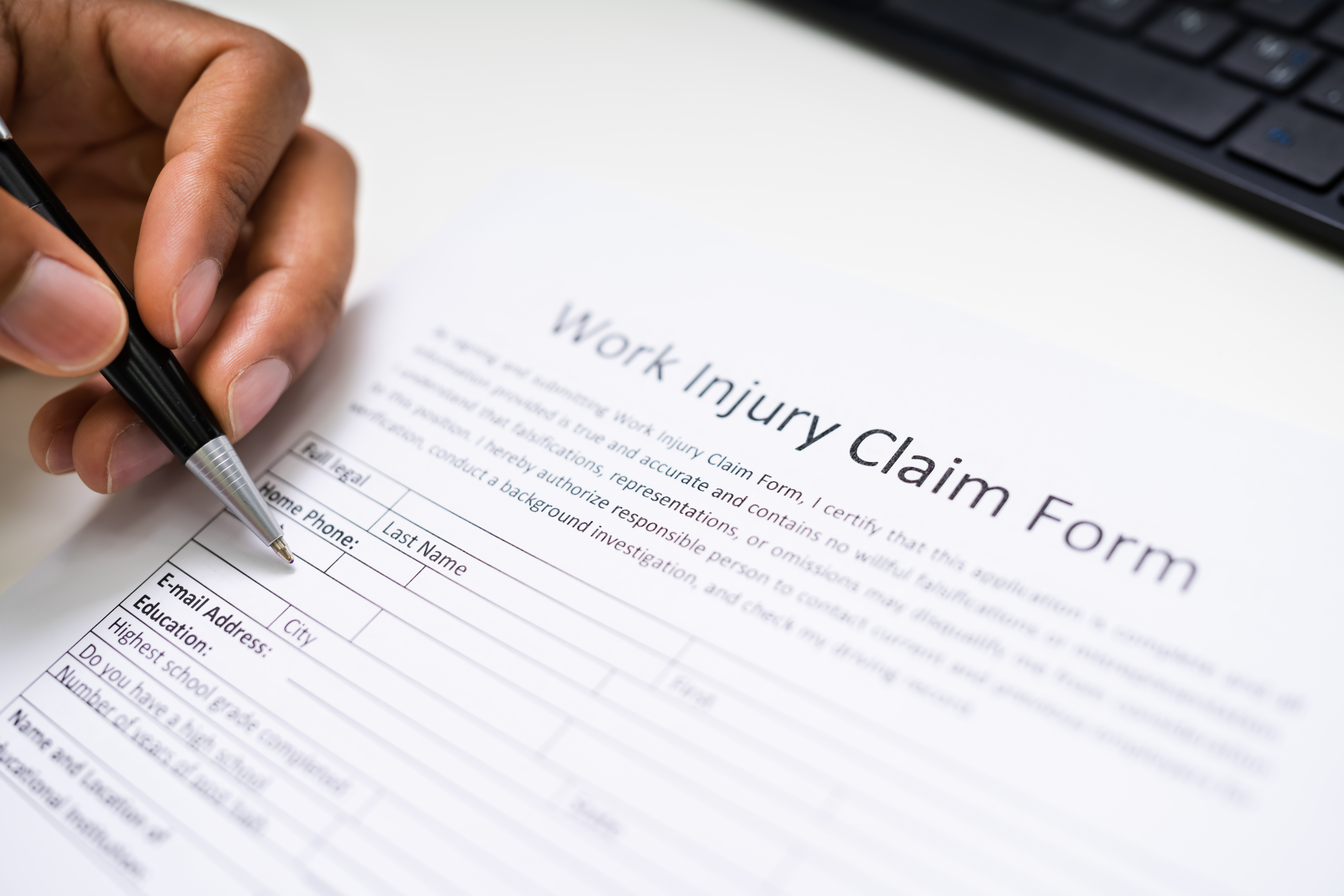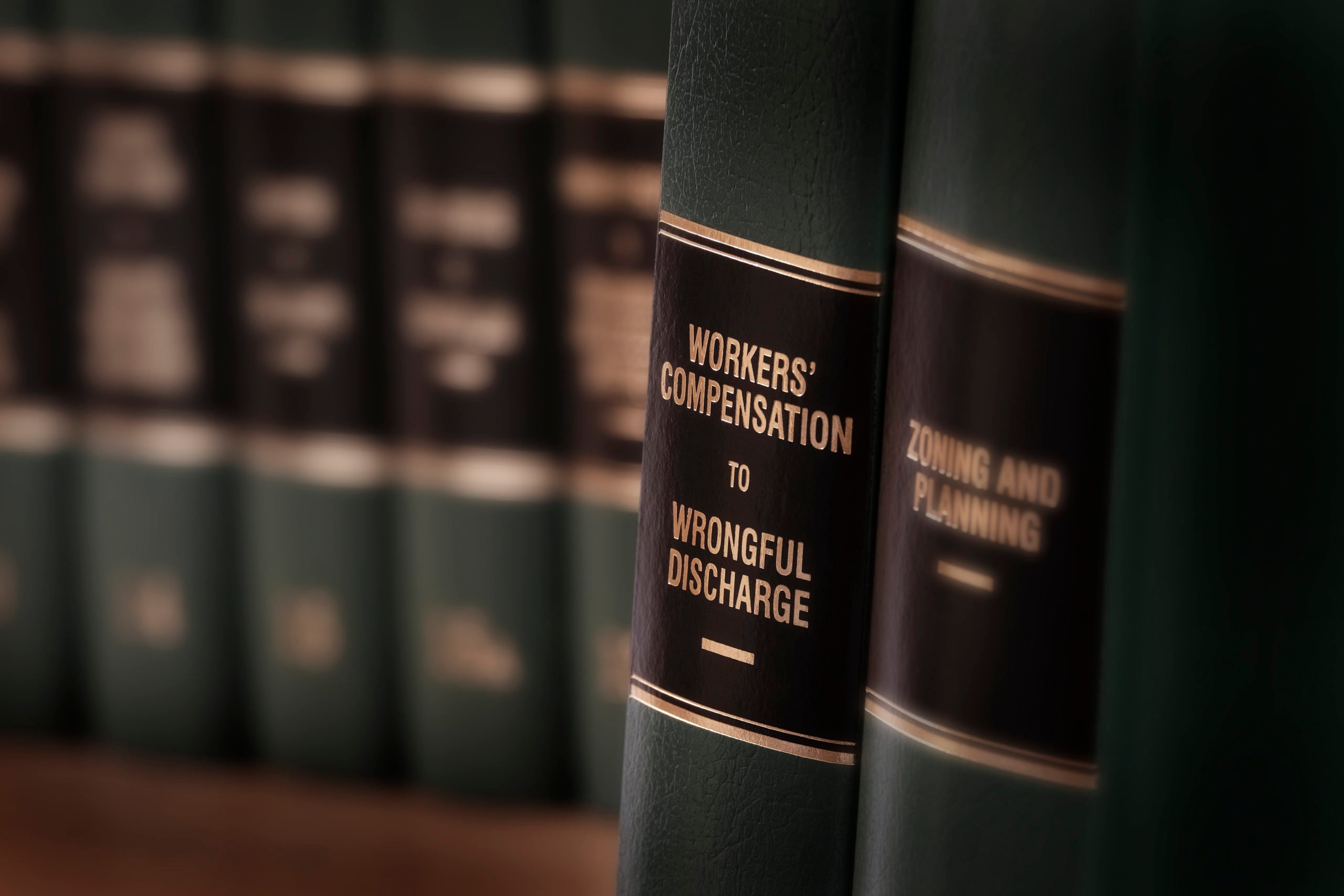If you suffered a work-related illness or injury in California, the legal guidelines written into the state’s Workers’ Compensation Act might qualify you for financial benefits. California law requires employers of all sizes to compensate employees for the expenses associated with a workplace injury or illness. However, it is one thing for state law to require employers to pay for the costs connected to a workplace incident that causes an injury or illness.
It is quite another thing for California workers to understand how and when to file a worker’s compensation claim in California.
The “when” part of the equation is typically an easy question to answer. Deadlines for every step of the workers’ comp claim process in California usually begin on the day you injured yourself. If you slipped and fell on a wet floor and sprained your wrist trying to break the fall, the clock starts ticking for every step of the workers’ compensation process on the day that you hurt yourself.
However, if you came down with an occupational illness such as contracting the COVID-19 virus, the deadline for filing a worker’s comp claim begins when both of the following events occur:
- The first day you missed work or visited with a physician to diagnose the illness
- You knew or should have known that your workplace caused the illness
Although the “When” question is relatively easy to answer for submitting a workers’ compensation claim, the “How” question is a bit more difficult question to give a correct answer.
Report an Injury
A supervisor working for your employer can be at the scene of the workplace incident where you got hurt, and you still have not officially reported the injury to your employer.

Reporting a work-related injury to your employer requires you to submit a written form that describes the date and time of the workplace incident, as well as details as to what contributed to the incident that hurt you.
You have 30 days from the date of a work-related injury to report the injury to your employer.
Submit Form DWC-1
Your employer has 24 hours after receiving word about your workplace injury to hand you California Claim Form DWC-1. You should also receive information about your rights under the California workers’ compensation program, along with a list of potential financial benefits. Closely follow the instructions on the DWC-1 Claim Form to ensure you receive the maximum amount of financial assistance that workers are allowed under California’s workers’ comp law.
Although you have one year from the date of an injury to file Claim Form DWC-1, you should file the form as soon as possible after a work-related injury to receive financial assistance.
Insurance Company Responds
After you submit the DWC-1 Claim Form, your employer’s insurance company should authorize initial payments for medical treatments while the company investigates the claim to determine whether it is legitimate. Until your employer’s insurance carrier issues a decision, the company is legally liable to cover up to $10,000 of your medical expenses. The insurance company usually has 90 days after it receives your claim to issue a decision. Otherwise, state law automatically considers your claim approved for worker’s compensation benefits.
For workers’ that contracted COVID-19 in the workplace, your employer’s insurance company has fewer than 90 days to issue a decision about a workers’ compensation claim.
When a Dispute Arises
Despite California being a no-fault workers’ compensation state, your employer might contest a claim that you filed. If your employer has disputed your claim for financial benefits because of a work-related illness or injury, you need to file an Application for Adjudication of Claim. When you must file the form is within one year of the date of your illness or injury. Filing an Application for Adjudication of Claim form represents the appeals phase of the workers’ compensation process in California.
What Happens When You Miss a Deadline?
Missing any of the deadlines imposed by California’s workers’ compensation laws requires your immediate attention. The risk of losing out on financial assistance can leave you deep in a financial hole. By working with an experienced workers’ comp attorney, you can meet every deadline required by California law. Your lawyer can also help you collect and organize the medical documents you need to submit a convincing workers’ compensation claim.





